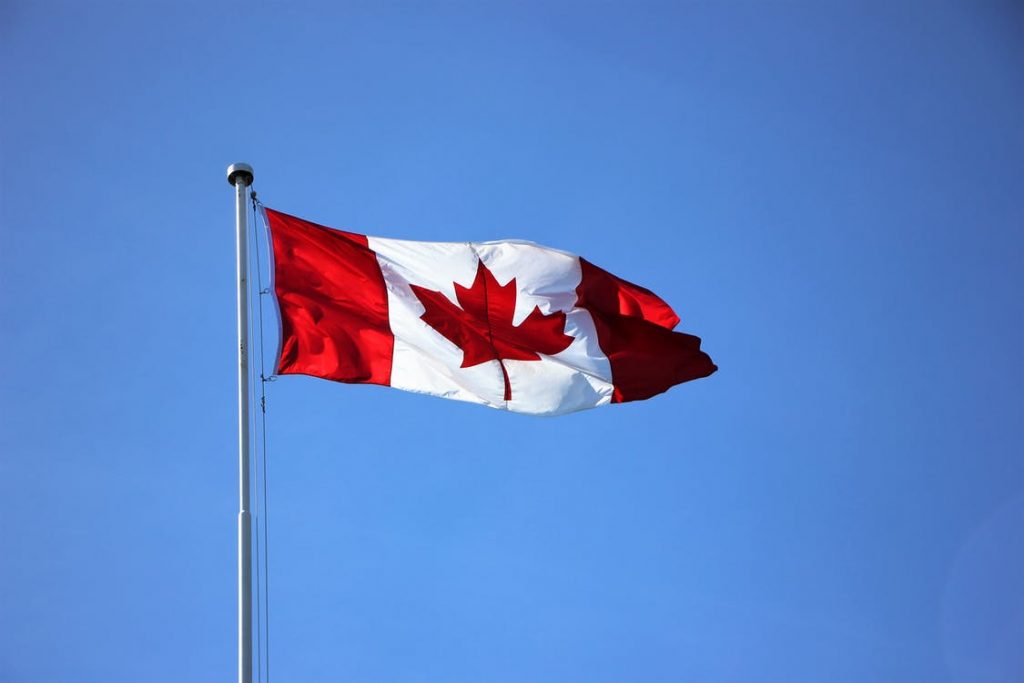Immigration
How to travel to Canada with a COPR during COVID

After 15 months, Canada’s border has reopened to approved permanent residents. These newcomers can now officially immigrate to Canada when they arrive at the border. Granted, they will be subject to the same public health measures that affect all incoming travellers.
Immigration Minister Marco Mendicino opened up Canada’s border to approved permanent residents on June 21, 2021. Before then, these individuals who had received their Confirmation of Permanent Residency (COPR) document after March 18, 2020, were not exempt from travel restrictions. In order to complete the landing process, they needed to meet another exemption. As a result, they were stuck waiting in immigration limbo — not officially permanent residents even though they had passed every other stage of the immigration process.
Canadian officials said there are about 23,000 COPR holders outside Canada. Those whose documents are still valid are now exempt from travel restrictions. What’s more, fully vaccinated travellers can skip the mandatory quarantine.
Discover if You’re Eligible for Canadian Immigration
Of course, the final decision on who gets to enter Canada rests with the border official. Preparing in advance can prevent unwanted surprises. Immigration, Refugees and Citizenship Canada (IRCC) webpages have official information, and they offer resources like the online travel restrictions tool. Also, travellers can contact Canadian Border Services Agency (CBSA) to ask specific questions.
With that said, here is some general information about travelling to Canada as a COPR holder.
What to do before travelling to Canada during COVID?
It goes without saying, travellers should not attempt to cross the border if they have symptoms of COVID-19. Also, it is good to keep in mind that each province will have its own public health measures that are posted on their respective government websites.
Incoming travellers can use the ArriveCAN app to upload documents such as the quarantine plan, proof of negative COVID tests, and other required documents. Border officers have been accepting travel documents in this way throughout the pandemic.
All travellers, even if they are fully vaccinated, must still plan their mandatory quarantine. The government offers a tool for travellers to assess whether their quarantine plan is suitable. At the border, officers will generally want to see that travellers have a place to stay for 14 days. Also, they will want to see the plan for accessing food and other essential supplies. Moreover, travellers will have to show that they are not putting any vulnerable people at risk at their place of quarantine.
Travellers over the age of five need to provide a negative test, taken 72 hours before arriving at the border. Then, they must take another test on arrival.
There are different border measures depending on whether you are travelling by land or by plane. The big difference is air travellers will have to wait for the results of their on-arrival COVID test at a government-approved hotel.
Upon arrival, the traveller’s journey will depend on whether or not they are fully vaccinated with a vaccine that has been approved in Canada. So far, there are four: Astra Zeneca, Pfizer, Moderna, and Johnson & Johnson.
Non-vaccinated travellers who flew in will have to wait for their on-arrival test result in a hotel. Also, they will have to take another COVID test on day eight of their quarantine. Fully vaccinated travellers can skip this step.
Fully vaccinated COPRs can skip quarantine
Starting July 5 at 11:59 p.m. EDT, all exempt travellers to Canada are subject to the new measure for people who are fully vaccinated. These travellers will just have to quarantine at home while they wait for the results of their COVID-19 test at the border.
Children who are not old enough to receive the shot will still have to quarantine at home for the full 14-day period, even though their fully vaccinated parents do not have to. Although, they will not have to do the hotel quarantine requirement, where new arrivals must wait for the results of a test in a government-approved hotel. Agan, non-vaccinated travellers must still meet this requirement.
IRCC recommends that all family members included on the permanent residency application should travel to Canada at the same time, if possible.
What if my COPR expired?
Since even before the pandemic, border officials do not accept expired documents. Given the COPR’s validity is tied to the holder’s medical exam, a number of them issued after March 18 have already expired. Currently, there are no instructions for COPR holders with expired documents, but the government webpage says more information is coming soon.
IRCC has said that no one whose COPR expired amid the travel restrictions will have to reapply for Canadian immigration.
Instead, the government is promising there will be a process for reissuing documents. The IRCC website says expired COPRs should not contact them via the web form or the processing office email. If you already have, someone from IRCC will look into your request and provide you with instructions.
Discover if You’re Eligible for Canadian Immigration
© CIC News All Rights Reserved. Visit CanadaVisa.com to discover your Canadian immigration options.





















